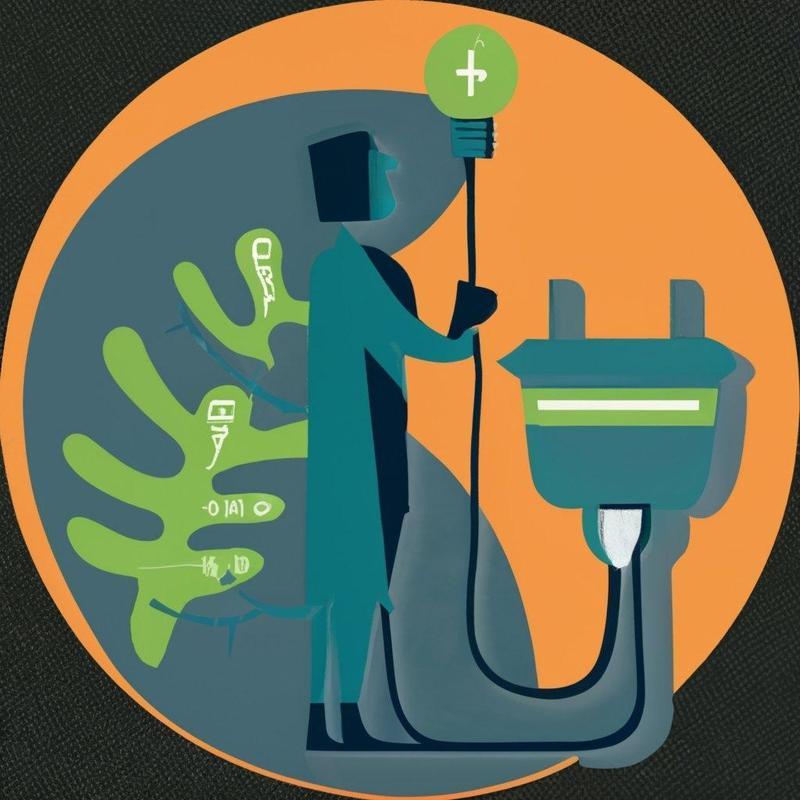Electric Vehicle Revolution
Electric Vehicle Revolution
Introduction:
India has been grappling with the issue of vehicular pollution for years. However, the tide is turning with the rise of Electric Vehicles (EV). The EV revolution is gaining momentum, and it holds the potential to transform Indian transportation into a sustainable and clean system that paves the way for a greener future. In this article, we will delve into the scientific and technological aspects of the EV revolution and understand its impact on Indian transportation.As India surges forward on the path of sustainable development, the rise of Electric Vehicles (EVs) has emerged as a game-changer. The EV revolution is not merely a trend but a necessary step towards combating pollution, reducing carbon emissions, and creating a greener future. In this article, we will explore the immersive scientific and technological aspects of the EV revolution in India and celebrate the positive changes it brings to our transportation landscape.
The Science Behind Electric Vehicles:
Electric vehicles run on electric power from batteries, eliminating the need for fossil fuels and internal combustion engines. The batteries store energy from a charging outlet and use it to run an electric motor and power the car's systems. The power output of an electric motor depends on the current flow through its windings, which is regulated by electronics.At the core of the EV revolution in India lies scientific innovation. Engineers and scientists have relentlessly worked to design batteries that power these vehicles efficiently. Lithium-ion batteries have emerged as the champions in this field, delivering higher energy density and longer ranges. These advanced batteries are not only eco-friendly but also boast rapid charging capabilities, significantly minimizing charging time.
The Technology Driving EVs:
The technology behind EVs has evolved over the decades, leading to advancements in battery capacity, range, and charging infrastructure. Today, we have state-of-the-art Lithium-ion batteries that power EVs and are much lighter and more efficient than traditional lead-acid batteries. The range of EVs has also improved significantly, with some models capable of traveling over 500 km per charge.
Charging infrastructure is critical for the success of EVs. Charging stations are required for people to use and charge their vehicles during long journeys. India is gradually building up its charging infrastructure, and the government has launched several initiatives to promote the adoption of EVs. This includes providing subsidies for EV purchases, tax exemptions, and incentives for building charging stations.
Advancements in Power Electronics:
Power electronics is another pivotal area that has witnessed tremendous growth. These electronics enable the conversion of electrical energy from batteries into mechanical energy for vehicle propulsion. State-of-the-art power control modules and motor controllers regulate energy flow while optimizing efficiency. The integration of cutting-edge technology has resulted in smoother and quieter rides, while reducing energy losses during transit.
The Impact of EVs on Indian Transportation:
The EV revolution is set to drive a new era of transportation sustainability in India. It will have several positive impacts, including reduced air pollution and improved public health. EVs do not emit pollutants that are harmful to human health, and reducing air pollution will have a long-term positive impact on public health.
EV ownership and use will also lead to reduced dependence on fossil fuels, reducing India's carbon footprint and promoting energy independence. It will also create new job opportunities in the manufacturing, servicing, and maintenance of EVs and charging infrastructure.
Charging Infrastructure Overhaul:
India's embrace of the EV revolution pivots upon the establishment of robust charging infrastructure. The government has taken bold steps to accelerate the development of public and private charging stations across cities. This ambitious effort ensures convenience and accessibility to EV owners, enabling them to charge their vehicles swiftly during long journeys. Fast-charging stations capable of replenishing batteries in a matter of minutes have also begun to emerge.
Sustainable Benefits:
The widespread adoption of EVs brings a multitude of sustainable benefits to India. First and foremost, it contributes significantly to the reduction of air pollution and brings respite to our cities' deteriorating air quality. With zero tailpipe emissions, EVs help combat respiratory issues, improve public health, and enhance the overall quality of life.
Moreover, EVs play a pivotal role in reducing carbon emissions and combating climate change. By replacing conventional internal combustion engines with electric motors, we can collectively pave the way towards a greener, cleaner future.
Job Creation and Economic Growth:
The EV revolution is not only about environmental benefits but also about promoting economic growth and job creation. The manufacturing, assembly, and maintenance of EVs generate employment opportunities across the value chain. Skilled workers in battery technology, power electronics, and charging infrastructure are essential for the success of this revolution. This drive towards a sustainable future has the potential to foster an ecosystem of innovation, entrepreneurship, and economic prosperity.
Conclusion:
The EV revolution in India represents a significant shift in transportation. It represents the promise of a clean, sustainable future with reduced pollution and dependence on fossil fuels. India has already taken the first steps towards promoting the adoption of EVs, and the future looks bright for electric vehicles in the country. With the right governmental policies and investments in charging infrastructure, EVs could transform India's transportation system, lead to sustainable growth, and pave the way towards a cleaner, greener future.The EV revolution in India represents a paradigm shift in transportation, ushering in a sustainable era free from fossil fuel dependence. Advancements in scientific research, coupled with cutting-edge technology, have catapulted EVs to the forefront of our efforts to combat pollution and climate change. With accelerated infrastructure development and continued policy support, the EV revolution will soon transform our cities into cleaner, greener havens.
Embracing this revolution is not just an environmental imperative; it is a step towards securing a better future for generations to come. Let us join hands to drive this change, and together, we will build a cleaner and more sustainable India.
Be the first to post a message!
